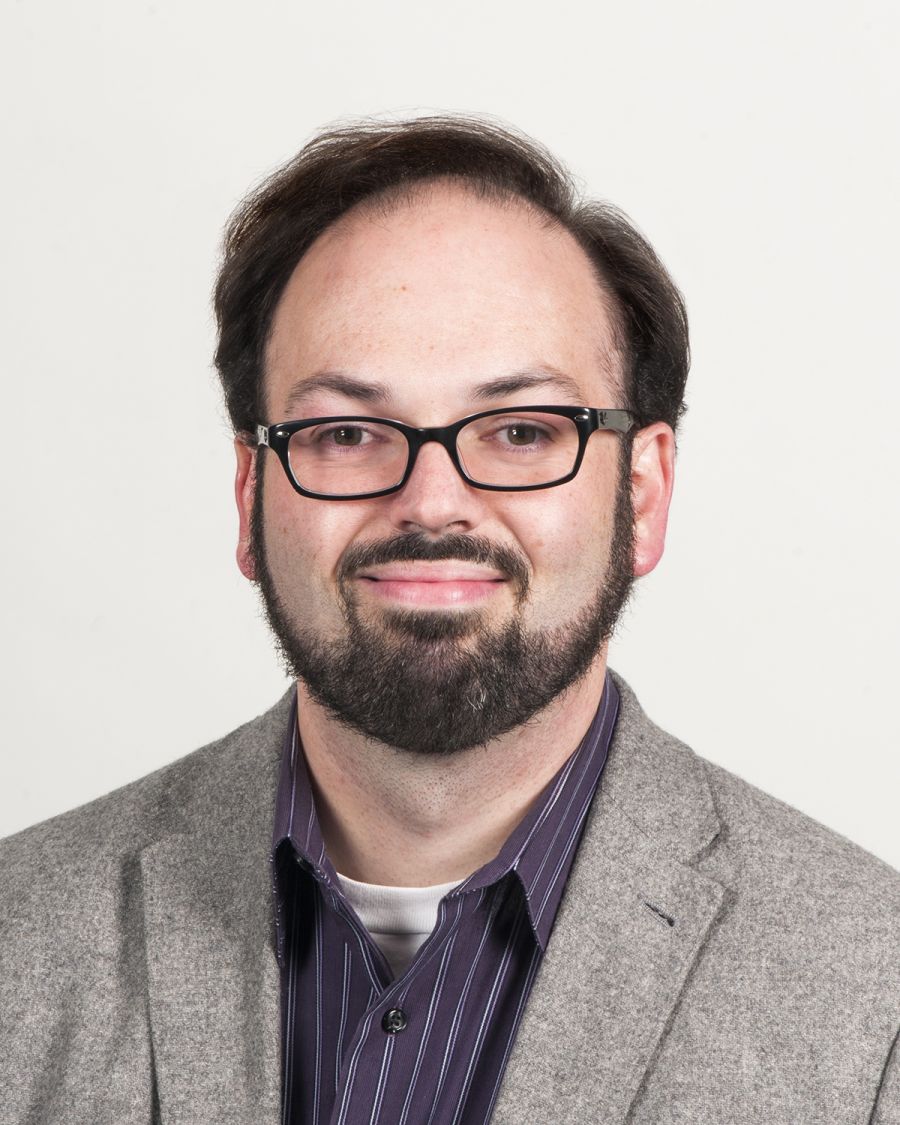


My student, who just graduated high school and is now trying to navigate the world of independence, looks to make up her own mind, scrutinizes shaping her own identity, and boldly charts her own path to her own goals.
My student, who is a grandma of three and a recent widow, babysits each afternoon; she is finding ways to pay her mortgage and better herself through an education, now that she has to do it on her own.
My student who arrived here from The Democratic Republic of the Congo and has terrible nightmares reminding him of where he escaped from; now works third shift at a warehouse before coming to class in the morning and staying late for our student leadership program.
My student, who wants so desperately to be a music producer that he frequents every corner venue and every underground scene, trying to become part of something; but he also knows that he needs business entrepreneurship and accounting classes so that he can be a success.
These stories are not unique but they are bold and daring. They are the kind of bravery that we celebrate in America. These are the stories of heroes who by the sweat of their brows and the courage in their hearts, create a nation. A country is not the land, or the laws, or its flag. A country is an idea that lives in the minds of its citizens – its pioneers, its children, and its great thinkers – who make the world turn on its axis, and make all of us turn with it.
Life should be hard. Because it is hard, it is meaningful. But also, it should be just a little easier. Certainly, I hear my students’ stories and think about what triumphs they must endure to make this world their own. And I say “my” students, because their stories are “my” story. Their stories fill my acts and scenes, and I am better for it.
But is Self-Reliance a Problem?
America was mythic: Her canyons carved by giants, her seas defended by gods of war and storm. Her soldiers, and her mothers; her baseball players and her nurses; her poets and her teachers; they stood up for what was right and we faced our problems. We did not spread fear and we did not use blame. We made ungodly and tremendous things and conquered the atom, outer space, and the cybersphere.
I say we did because we are in the second act. We are being challenged at the threshold. We must carry our hatchets and our microscopes, and defeat the hydra with its endless heads: poverty, sickness, ignorance, inequality, pollution, and injustice. But are we meant to face these challenges on our own?
Self-reliance – that epic charge placed on every American by Emerson and Reagan alike – is both our greatest strength and our greatest weakness. To be independent, to think for ourselves, to be unique in a unique time, and to relish in the fruits of our labor – these are noble things. But like all noble things, it is hard to know when too much is too much. When does self-reliance become self-interest? When do we push so far that we become selfish and self-centered? When does the force of our convictions and the might of our personal goals become our undoing?
The question of self-reliance divides us. Perhaps, that is the true head of the hydra: we are separated by whether we think self-reliance is the only way, or only one way.
Each of us must ask ourselves, is my self-reliance: Hurting my relationships?; Preventing me from being part of a team?; Distracting me from solving problems through collaboration?; Undermining the fabric of my neighborhood, my community, or my country? If the answers to these questions give you pause, then maybe self-reliance is not the only way.
What does the research say?
In a 2019 paper, Feinberg and Willer say we are divided because of our values. Progressive/liberals value equality, fairness, and justice. Traditionalists/conservatives value patriotism, loyalty, and a respect for authority. So, we are divided because we have opposing convictions and perceptions.
In a soon-to-be-published paper, Pozen, Talley, and Nyarko developed a machine-learning classifier, comparing hundreds of thousands of remarks ranging from 1873 to 2016, and determined with an 80% accuracy which parts of the Constitution Republicans or Democrats would use to justify their policies. So, we are divided because we live in two, parallel countries.
In their book Clash!: How to Thrive in a Multicultural World, Markus and Conner argue that the cultural divide is the difference between independence and interdependence, specifically in terms of communication and leadership styles. Independents speak with authority and are insistent. Interdependents speak with empathy and are inviting. So, we are divided by what we say, how we say it, and what we believe is the right way to live.
Should We Be Self-Reliant?
For America, independence is righteous and dependence is unholy. We struggle with the balance of being interdependent – connected and allied – and being independent – self-sufficient, self-made, and self-determined. To be too interdependent is to forgo responsibility and accountability. But to be too independent is to lose our community.
We do not do this life on our own. We rely on others for goods and services; we trust in the meaning of language and law; we stand on the shoulders of the giants that came before us. We are connected, and it is not a weakness to admit it. We are stronger for it.
Each of my students’ stories matter to me. Their struggles are my struggles. Their successes are my successes. We share in this endeavor and we are richer for it.
Life is hard. And it should be. But shouldn’t it also be a little bit easier? We can make life a little easier for one another, and that is American too.

